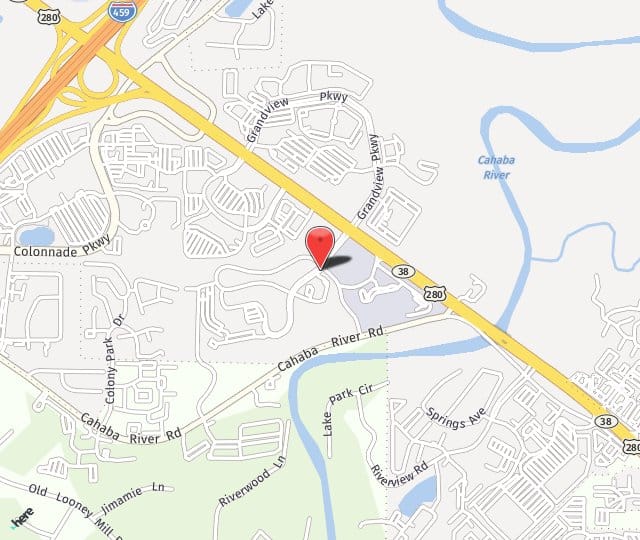
Here’s information on WPW and how Dr. Smith treats it.
What are the symptoms with Wolff-Parkinson-White syndrome?
If a person has this extra electrical pathway in their heart, there are some common symptoms. People of all ages can experience these, including infants. In addition to a fast heart rate, these are the symptoms of WPW:
- Sensation of rapid, fluttering, or pounding heartbeats
- Dizziness or lightheadedness
- Shortness of breath
- Fainting
- Fatigue
- Anxiety
In from 10 to 30 percent of people with WPW, they have occasional bouts of atrial fibrillation where they may have chest pain, chest tightness, difficulty breathing, and possible fainting.
Infants with WPW can also have these symptoms:
- Ashen color
- Restlessness or irritability
- Rapid breathing
- Poor eating
What causes Wolff-Parkinson-White syndrome?
The extra electrical pathway in these cases is present at birth. An abnormal gene is the cause in a small percentage of people with WPW. But that’s not the majority; in those cases, the causes of this development of the extra pathway are a mystery.
What happens?
The extra electrical pathway can cause two major types of rhythm disturbances:
- Looped electrical impulses— The heart’s electrical impulses travel down either the normal or the extra pathway and up the other one, creating a complete loop of signals. This condition sends impulses to the ventricles at a very rapid rate, making them pump very quickly, causing a rapid heartbeat.
- Disorganized electrical impulses— If the electrical impulses don’t begin correctly in the right atrium, they may travel across the atria in a disorganized way. This causes atrial fibrillation where the ventricles beat fast and don’t have enough time to fill with blood before beating. This means they are not pumping enough blood out to the body.
Treatment
Patients with WPW don’t necessarily have symptoms. If a person does need treatment, the goal of Dr. Smith is to slow the heart rate. He may use medications, vagal maneuvers, cardioversion, or radiofrequency catheter ablation (where a catheter with electrodes at the tip is used to destroy the extra electrical pathway) to either correct the patient’s heart rhythm or to eliminate the extra pathway.
If you have symptoms of WPW, please call us at (205) 510-5000 so Dr. Smith can check you out.

